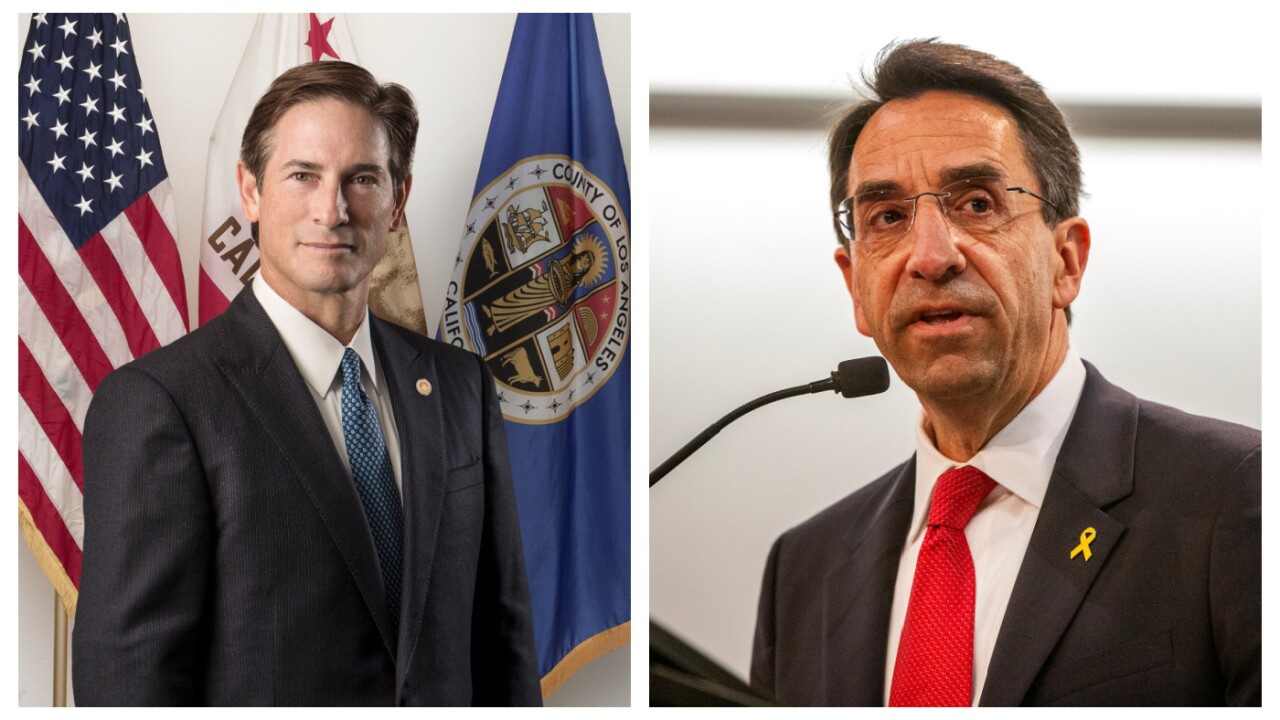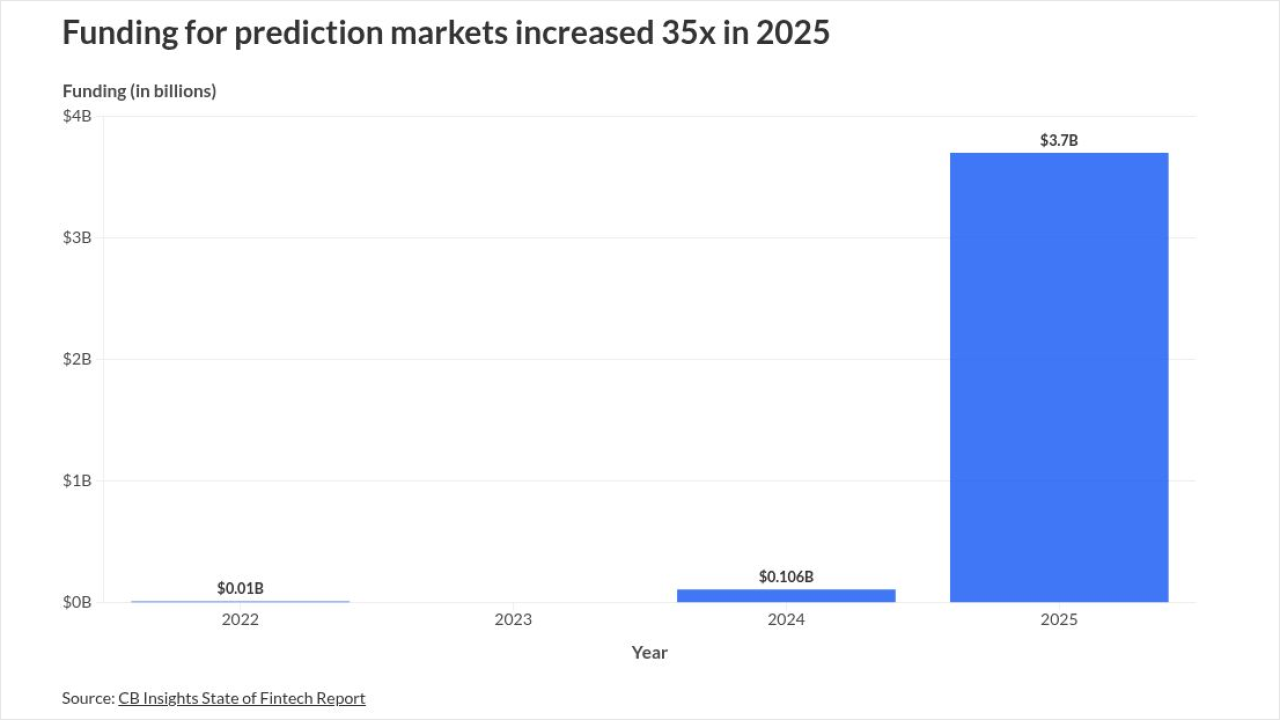-
New York Fed President William Dudley insisted Friday that regulators are more like "fire wardens" than "cops on the beat." It's an analogy that says far more than Dudley likely intended and a comment he will likely regret. Here's why.
November 21 -
The investigative story alleging weak supervision by the Federal Reserve Bank of New York has sent shockwaves through the regulatory community, but whether it will lead to any change of course in policy is still an open question.
September 30 -
A principles document on corporate governance from the international Basel Committee is another sign of supervisors' mounting interest in how management culture affects business decisions.
October 15
WASHINGTON Senate Democrats hammered William Dudley, president of the Federal Reserve Bank of New York, at a highly anticipated hearing Friday on regulatory "capture" at the banking agencies.
Sen. Sherrod Brown, D-Ohio, chair of the Banking Committee's subcommittee on financial institutions and consumer credit, organized the hearing after an influential report released earlier this fall raised concerns that Fed examiners are too deferential to the banks they oversee.
More recent allegations that a New York Fed staffer illegally shared information with a Goldman Sachs employee have further stoked outrage from critics.
Lawmakers repeatedly knocked Dudley over these incidents and others while pressing him on whether the agency has made changes in recent years to combat concerns that examiners are too cozy with bankers. Below are four takeaways from the testy hearing with panel Democrats.
Regulators Have a Culture Problem Too
One of the core issues discussed throughout the hearing was that of culture. Regulators have been increasingly invoking the word with respect to banks including Dudley himself, who delivered a strongly worded speech last month warning bankers that they needed to reform their corporate culture or prepare to be broken up.
But critics at Friday's hearing charged that regulators must examine their own cultures as well.
"Are you holding up a mirror to your own behavior?" Sen. Elizabeth Warren, D-Mass., asked Dudley.
At the heart of the issue is the problem of the so-called revolving door the ease with which regulators move into big-money banking jobs and vice versa.
Dudley, who is a former Goldman Sachs executive, defended the conflict-of-interest rules in place, though he acknowledged that it could be worth taking another look at the policies.
"You know, a legitimate question is whether one should make these standards even higher, but there are a whole set of standards in place," he said.
Warren said the revolving door was a key reason for regulatory capture.
"We can't build a strong, reliable bank oversight system so long as the revolving door keeps putting bank executives in the role of temporary cops," she said. "We need real cops on the beat, not rent-a-cops on temporary leave from their high-paying banking jobs."
Right now, top supervisors can't join the bank they oversee for at least a year and if they do later join the bank, their exam materials are reviewed for bias, among other restrictions.
But David Beim, a professor at Columbia Business School, who authored a key 2009 report citing shortfalls in the New York Fed's oversight leading up to the financial crisis, warned that the rules in place need to be much stronger to keep regulators and bankers from crossing the same career paths so often.
"The problem is that regulators and bankers form a community. They know each other. They talk to each other, they talk about each other," he said on a second panel at the hearing. "This is a community of people who share a common interest in banks and bank regulation."
He recommended regulators be required to wait at least three years to join any bank.
"That would force an identity decision am I banker or am I regulator and keep people on one track or the other," Beim added.
Beim's Report Could be Revisited
Warren also pressed Dudley to consider bringing Beim back to the Fed to analyze whether the recommendations in his earlier report have been followed.
Dudley said repeatedly during his remarks that "many of the changes" the Fed has undertaken "directly reflect the recommendations" in the report.
"Why don't we get some independent confirmation about that?" Warren asked. "If [Beim is] willing to do so, would you be willing to have him come back to the New York Fed, do new staff interviews, and do a new public report on your efforts to implement his recommendations from 2009?"
Dudley demurred, saying he'd "like to think about it" before giving a definitive answer.
Beim later added that he'd be "flattered and delighted" to return, though he acknowledged that it's not out of the ordinary for there to be little follow-up with consultants after a report of that nature is completed.
The New York Fed Has Been Asleep at the Switch
Democrats also had tough words for the New York Fed's oversight of big banks in the wake of numerous recent scandals including a report by ProPublica and public radio show "This American Life" that revealed behind-the-scenes discussions by the supervisory team for Goldman Sachs, secretly taped by examiner Carmen Segarra, who was later fired by the agency. They also criticized the Fed for missing the case against Credit Suisse for its illegal tax shelters and oversight of the London Whale debacle at JPMorgan Chase.
The regulatory system is either "passive or asleep," quipped Sen. Jeff Merkley, D-Ore.
Merkley grilled Dudley on the agency's handling of several high-profile cases, including the illegal activity at Credit Suisse. He noted that the issue only came to light when the Senate Permanent Subcommittee on Investigations, led by Sen. Carl Levin, D-Mich., released a major report on the issue earlier this year.
"Isn't it ironic that it took a U.S. Senate investigation by Carl Levin to provide the facts that led to this particular case getting handled?" Merkley said.
He also pressed Dudley on previous remarks from regulators and the Department of Justice that banks are not "too big to jail," noting the number of bankers who have been punished remains minuscule.
Some have pointed to Credit Suisse, which was forced to plead guilty, as marking an end to concerns about "too big to jail."
"The basic information on that case is that hundreds of Credit Suisse employees were involved in the scheme to create these secret offshore accounts in the name of sham entities," Merkley said. "So if we have ended too-big-to-jail, how many of those hundreds of the Credit Suisse employees have been indicted for criminal activity?"
Still, Dudley noted that regulators and law enforcement have taken a tougher stance on companies that are found guilty of crimes an important step forward.
"I think we've actually set a new precedent over the last year where no bank is too big to be found guilty if they've committed a crime," he said.
The New York Fed Needs to Fix Itself Or Else
Several lawmakers also argued that reforms to culture require a strong stance from leadership, raising questions about whether there could be pressure for a change at the top of the New York Fed, or at least in the way the leadership of the bank is chosen. Currently, the president is picked by members of the New York Fed's board of directors and approved by the Fed's Board of Governors in Washington.
"Either you need to fix" the cultural problems at the Fed "or we need to get someone who will," Warren warned during the hearing.
Sen. Jack Reed, D-R.I., spoke at the hearing about a bill he reintroduced earlier this week that would require the New York Fed president to be appointed by the White House. The Independent Community Bankers of America has supported the legislation, and Reed said at the hearing that he plans to "pursue it" in coming months.
"The fact is the New York Fed is one of the biggest regulators of financial institutions in the United States, and the only one that doesn't directly or indirectly have the thoughtful review by the Congress, the Senate and the initial nomination by the president of the United States. And I just don't think that makes sense," he said.
Brown, meanwhile, indicated after the hearing that he still has mixed feelings about Dudley and the New York Fed.
"Clearly the regulators have been too cozy with the Wall Street banks," he told reporters. "I think most of them are good public servants, but I think the incentives and the behavior and the environment at the New York Fed have not served the public well enough."
Still, the Ohio lawmaker said that he heard Dudley "say some good things today."
"I heard him say that he's in favor of higher capital requirements that's good. I heard him say he thinks safety and soundness is absolutely as important as monetary policy," Brown added.





